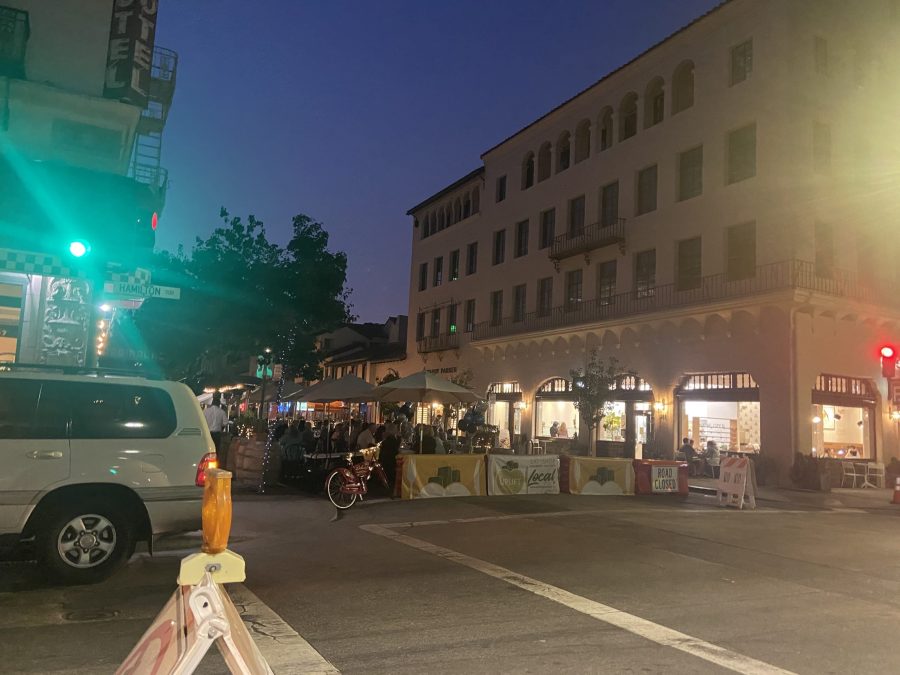Ethnic Studies course deserves more promotion
April 28, 2023
When students undergo the tedious annual course selection process, combing over their options and racing to pick a perfect selection of classes, one section of their course catalogs is repeatedly neglected.
Since 2008, Ethnic Studies has only gained sufficient enrollment to run a small handful of times, putting a damper on its ability to teach important values of understanding during a time of racial tension and general ignorance.
Ethnic Studies classes can provide a thought-provoking environment for students to talk about the often-difficult subjects of race and culture, a rare opportunity for many.
The lessons taught in classes like Ethnic Studies are vital for understanding others and their diverse cultures as well as creating an inclusive school. Having students take interest in this class would undoubtedly be beneficial to both the students and the school as a whole.
A push last year to mandate this course at the state level gained widespread support in September until it was vetoed by Gov. Gavin Newsom. Critics of the mandate, including Paly’s own Ethic Studies teacher, Justin Cronin, argued that mandating the course would be harmful, primarily because making the course mandatory may lead to a number of students in the course being uninterested, lessening the worth of the engagement-heavy, explorative course. In addition, Cronin points out that politicizing the course has already led to a rush to include a much wider range of ethnic groups in the curriculum, decreasing the amount of depth allocated to each group. A mandate like this would work primarily to diminish the natural value of the course rather than spreading it.
Ethnic Studies’ problem doesn’t stem from the fact that students aren’t curious about the class’s content and need to be forced to take it – it’s that potentially interested students are often unaware of the course.
Because the course rarely runs, Ethnic Studies currently has no platform to draw in students outside of its teachers attempting to single-handedly garner support for it.
Courses in other fields, by contrast, have found their way into the forefront of students’ minds through various avenues. Music and Journalism courses thrive off their legacy and output for student interest, while English electives collectively organize presentations to tenth grade classes.
By contrast, Ethnic Studies hasn’t had a chance

to garner a reputation or form a group to organize support for it. But because Ethnic Studies provides such a unique function, administrators should be focused on increasing the number of students who have access to information about it and recruit students who are interested in taking the class.
By focusing their efforts on raising awareness of the Ethnic Studies course and publishing material promoting it, administrators can help students discover an interest in an important subject, encouraging them to pursue a class that can help create a more accepting, informed school environment.






